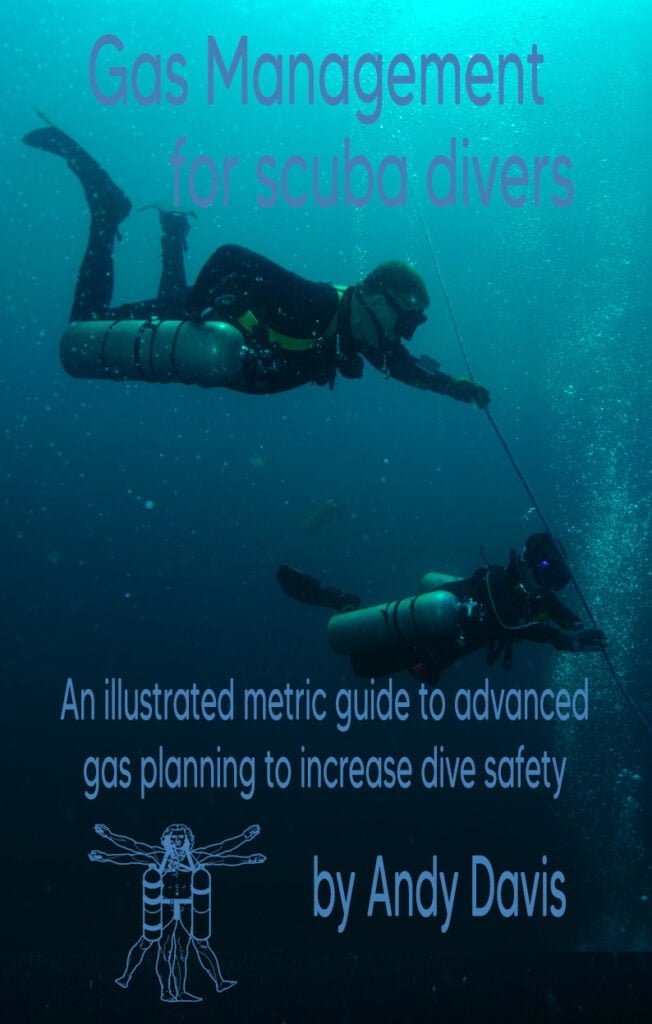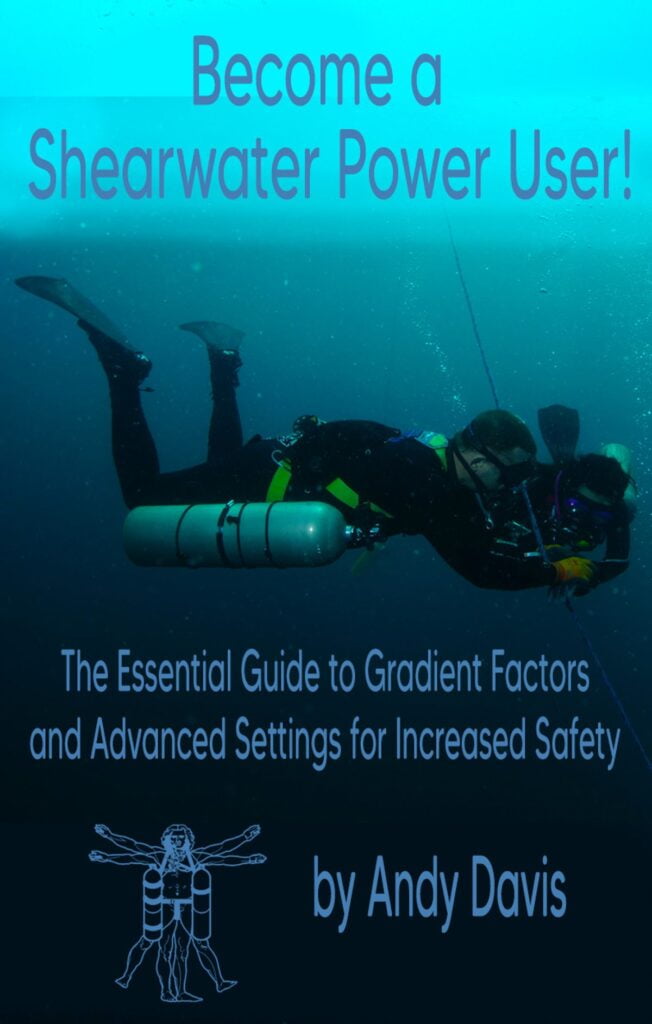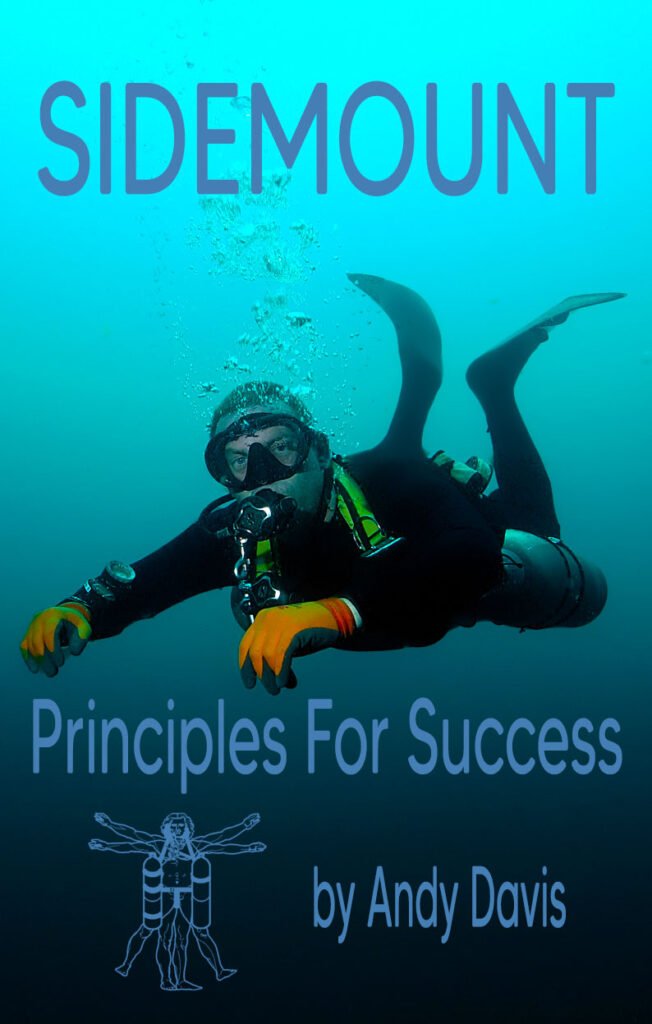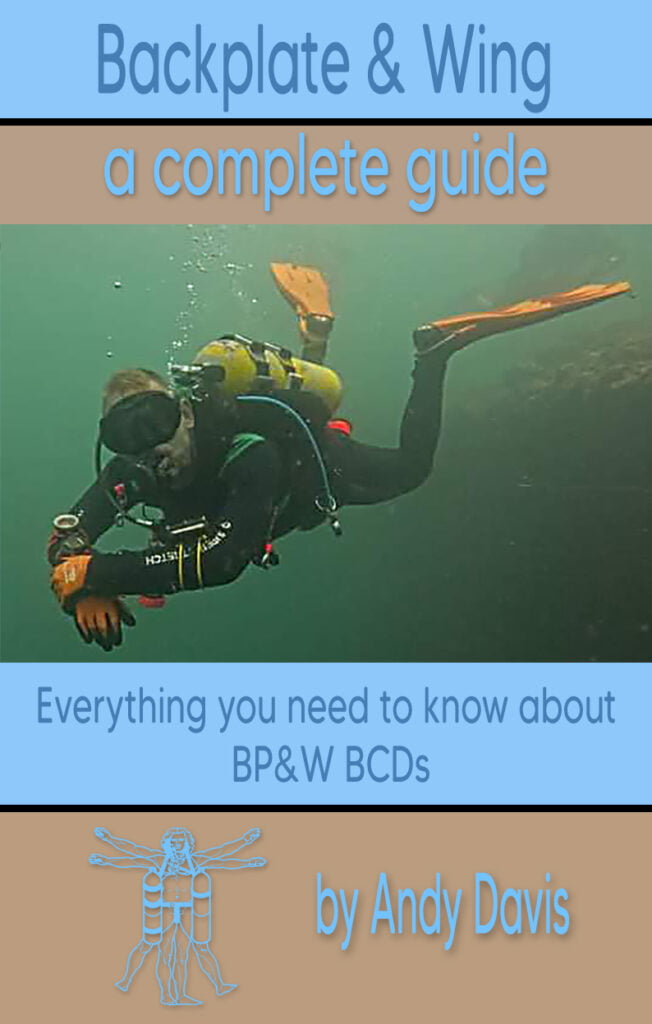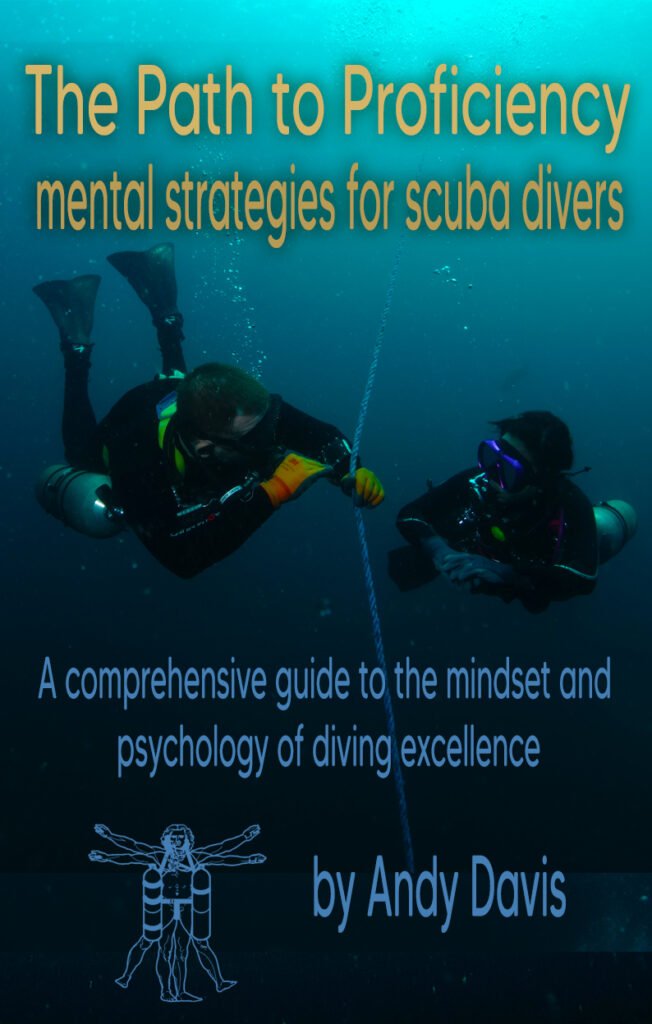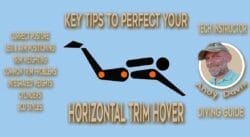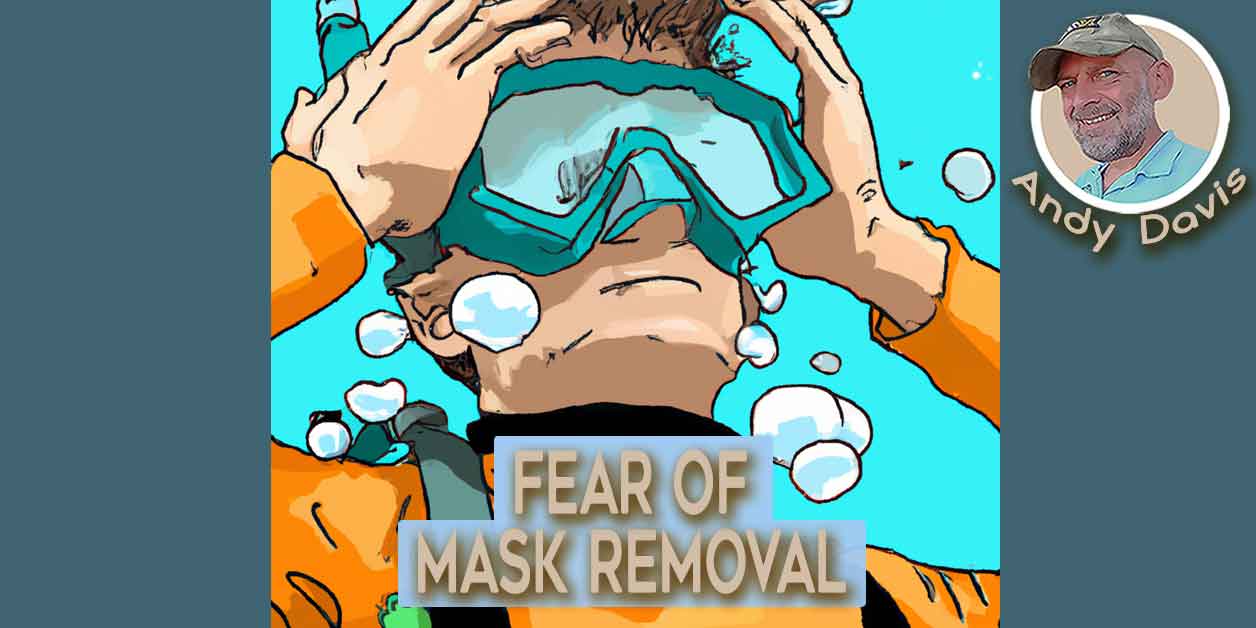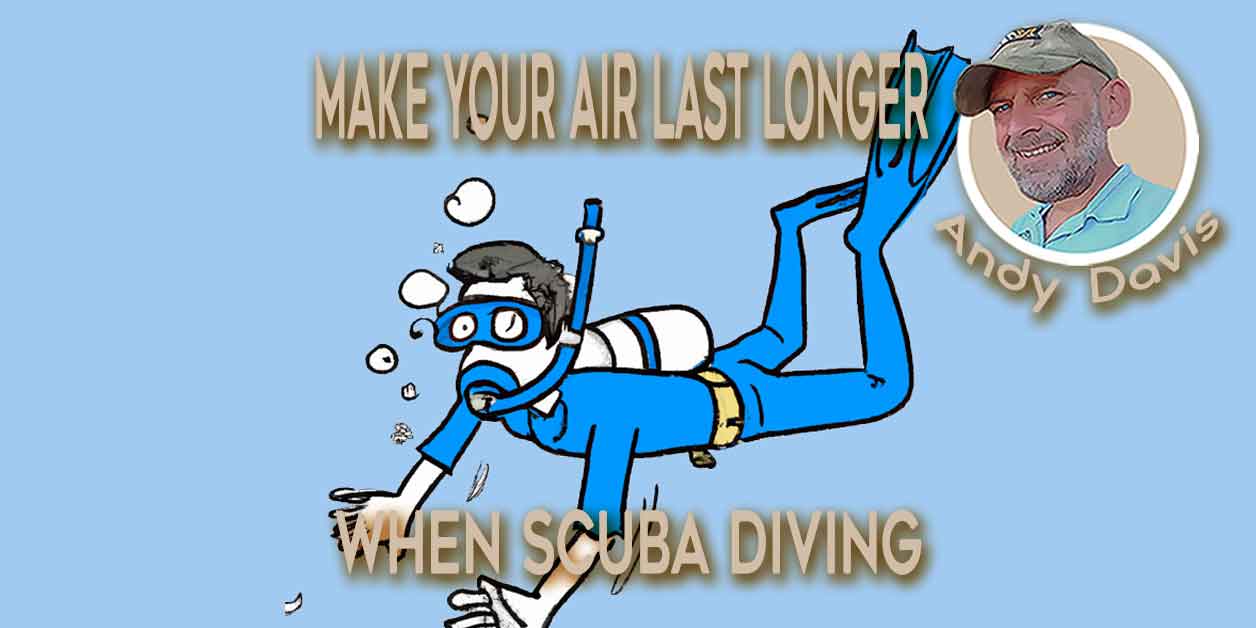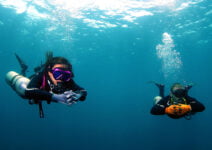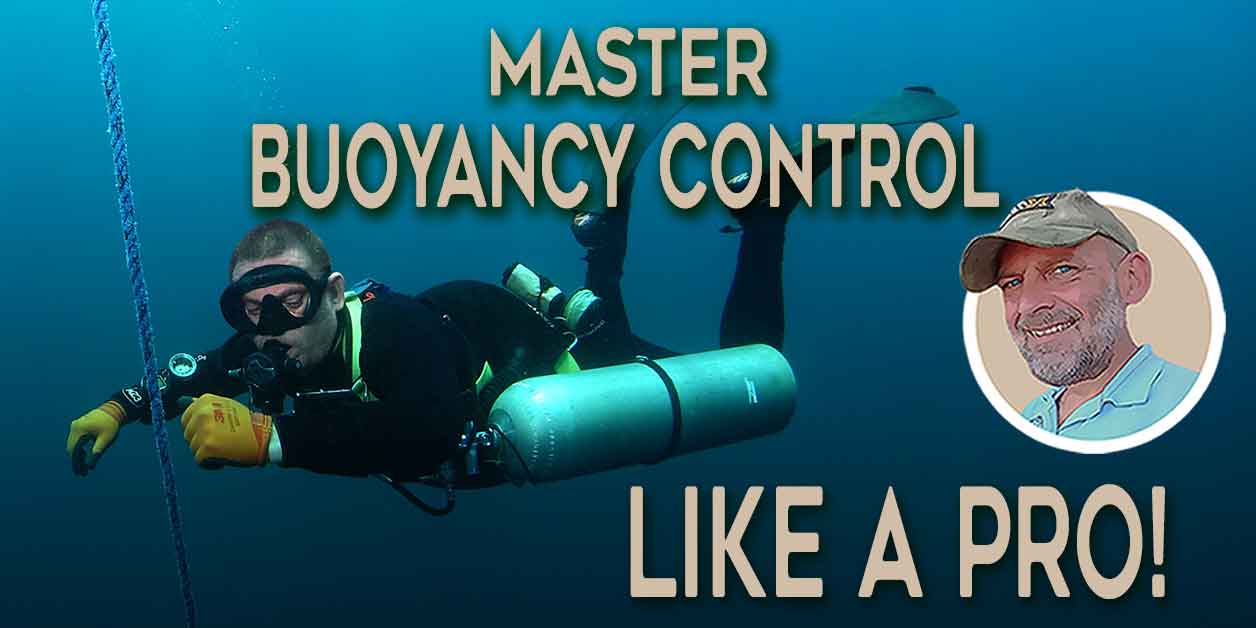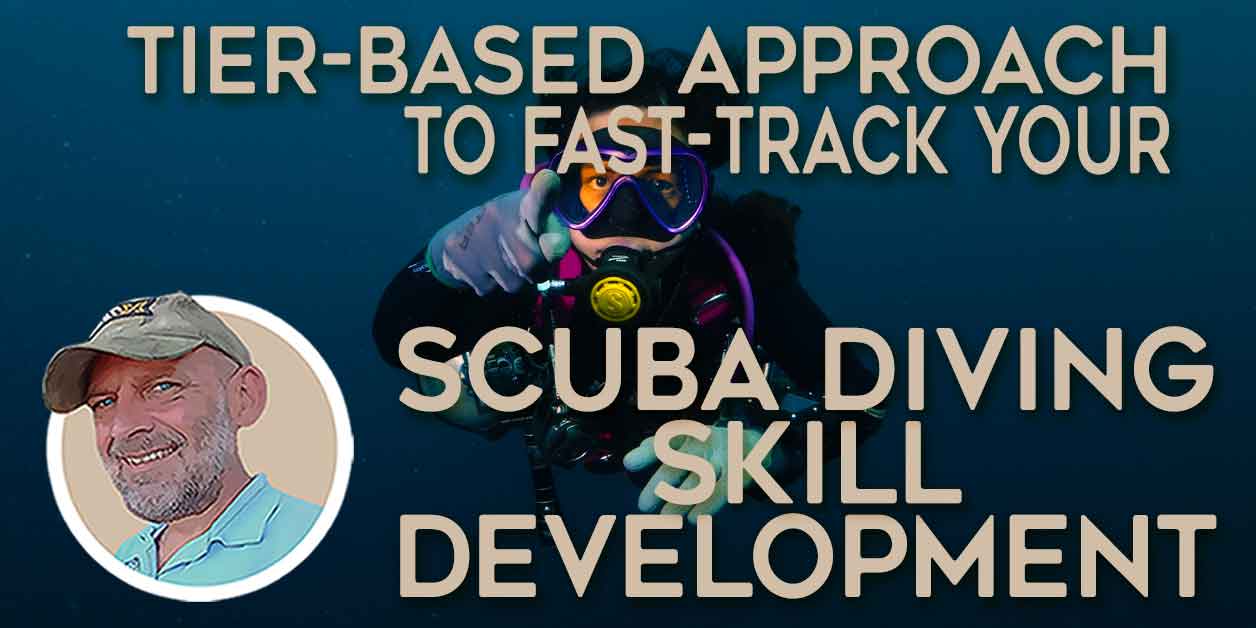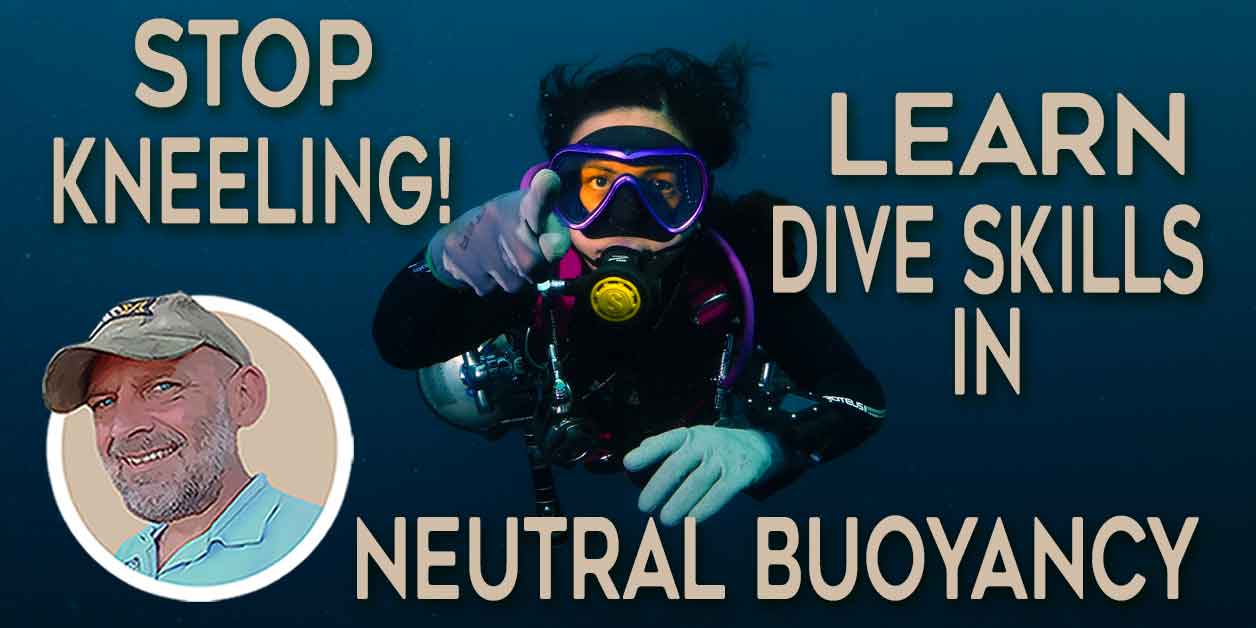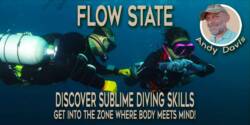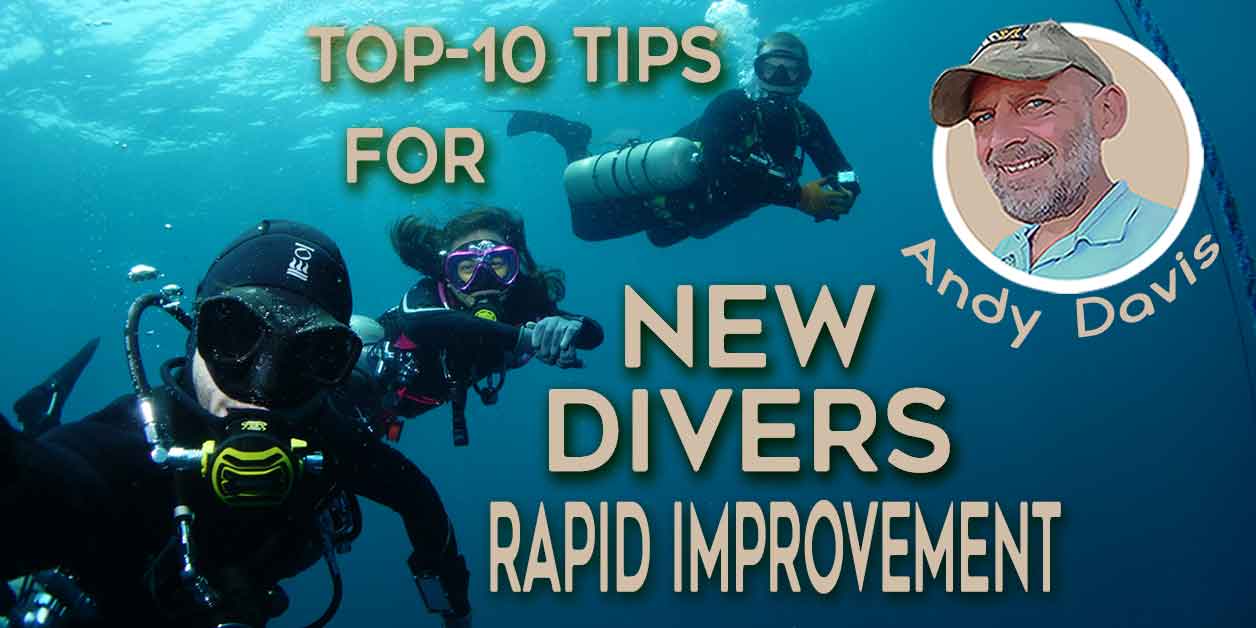Scuba Diving Mastery: The Deliberate Practice Approach
Are you tired of ineffective scuba diving training that hinders your progress toward mastering the art of diving? Scuba diving is a fun activity, but developing great proficiency demands challenging training. Unfortunately, many diving courses focus on entertainment rather than education, slowing down progress for aspiring divers. But fear not, there is a solution: deliberate practice.
Deliberate practice is the key to success for chess grandmasters, professional athletes, and top CEOs. By using deliberate practice principles, you can develop expert skills as a diver and take your diving abilities to the next level. This method is proven to be effective in achieving mastery in any field.
In this article, I will explain exactly what deliberate practice is. Furthermore, I will describe how to apply deliberate practice principles to scuba diving and offer tips on how to find an expert instructor who will coach you using this approach. Don’t settle for mediocre training that holds you back from reaching your full potential as a diver. Embrace deliberate practice and take your skills to new heights!
Practice does not make perfect; perfect practice makes perfect.
Vince Lombardi
When discussing how to improve diving skills, instructors will routinely recommend “practicing”. However, they rarely go so far as to explain what practice needs to include in order to be optimally effective. In particular, they don’t promote the concept of Deliberate Practice.
To transition ‘normal’ practice into deliberate practice, focus on incorporating the following features into your diving skill development time.
Where does the idea of deliberate practice come from?
Anders Ericsson, a psychologist at Florida State University, and author of the book “Peak: Secrets from the New Science of Expertise“, developed the concept of deliberate practice.
Ericsson devoted his career to researching what distinguishes experts in their fields and how they achieve greatness. As a result, his work is referred to as “the science of peak performance.”
To achieve this, Ericsson observed and analyzed the behaviors of top athletes, chess players, surgeons, and others in their respective professions for many years. As a result, he reached some intriguing conclusions.
Diving talent is learned, not innate
To begin with, the talented individuals Ericsson studied did possess a “gift,” but it was not exclusive to them. In actuality, every one of us possesses the same gift: a brain that is capable of adapting and rewiring itself to acquire new skills over time through purposeful, systematic practice methods.
Deliberate practice is defined as being effortful in nature, with the main goal of personal improvement of performance rather than enjoyment, and is often performed without immediate reward.
Performance Psychology, 2011
Ability traits alone don’t create peak performance
Whilst Ericsson does acknowledge that certain individuals have been blessed with physical traits that allow them to excel in specific fields. For instance, being tall if you play basketball. However, his data doesn’t support the notion that we have any predetermined genetic abilities.
Regardless of the pursuit, his core thesis holds true: with deliberate practice, our adaptable brains can be shaped to excel in any challenge we choose, provided that we:
- Engage in the right developmental activities
- Devote enough time
- Practice in an efficient manner.
How does deliberate practice differ from regular training methods?
Regular practice may involve mindless repetition and skill mimicry. Whereas deliberate practice requires focused attention with the specific goal of improving performance. Further, it involves a clear awareness of the specific components of a skill and how to improve them.
Ericsson categorized three types of practice: naïve practice, purposeful practice, and deliberate practice.
Naïve practice
Naïve practice assumes that simply doing something repeatedly will result in improvement. For instance, whilst just going scuba diving may work to develop the basic elements of diving proficiency, it is insufficient for developing the skills needed to handle complex diving scenarios. The notion that scuba divers should simplistically gain more diving experience to improve their diving skills is a classic example of naïve practice.
Purposeful practice
Purposeful practice involves predefined goals and breaking down practice into small steps with feedback and a clear focus. For instance, this might describe a typical scuba class; the instructor demonstrates a skill, students mimic the skill, and the instructor provides basic corrective feedback.
Deliberate practice
Deliberate practice follows similar principles to purposeful practice but is guided by the achievements of those who have reached excellence in their field. In turn, it has to identify and implement best practices. As an example, specific diving skills can be isolated and improved through purposefully designed, focused drills. Consequently, a diver seeking peak performance will investigate which drills the most skillful divers use in their own training.
How to use deliberate practice for diving skill development?
Deliberate practice can be considered a coaching or mentoring path to skill development. It is applied by following 5 simple steps:
- Identify a specific area of improvement. Take a hard look at your performance and identify exactly what needs to be improved. Avoid the temptation to make excuses for yourself or deny weaknesses. Rather, seek constructive criticism at every opportunity.
- Break down the weakness. Divide the overall weakness into specific skills to be improved into specific clearly defined goals. Don’t vaguely aim for an unspecific, all-around improvement.
- Set challenging goals. Development occurs outside of your comfort zone. Push yourself beyond your current ability so that you make mistakes. As a result, there can be critical feedback to enable improvements.
- Seek honest, expert feedback. You need someone competent to ruthlessly critique your training. In turn, they need to identify the corrections needed and demonstrate the improvement your should apply. Effective training requires a constant feedback loop.
- Invest enough time in practice. Your pace of development is determined by the amount of time you allocate to deliberate practice. The more time you put in, the quicker you will develop. In addition, practice frequency is important. Training time is far more efficient if you practice daily, rather than weekly or monthly. Training time needs to advance your skill, not remediate skill fade since your last session.
Regular training leads to changes in the parts of the brain that are challenged by the training. The brain adapts to these challenges by rewiring itself in ways that increase its ability to carry out the functions required by the challenges.
Anders Ericsson, Peak: Secrets from the New Science of Expertise
How much deliberate practice is needed?
As I have mentioned, investing more time in deliberate practice determines the speed of your development. But how much time is needed to achieve mastery and expertise?
Journalist and author Malcolm Gladwell answered this question in his famous book “Outliers: The Story of Success“.
In his book, Gladwell asserts, a very simplified rule of thumb, that an average of 10,000 hours of effective practice will achieve true mastery and expertise.
“It takes ten thousand hours to truly master anything. Time spent leads to experience; experience leads to proficiency; and the more proficient you are the more valuable you’ll be.”
Malcolm Gladwell
In agreement with Ericsson, Gladwell argues that: “Success has to do with deliberate practice. Practice must be focused, determined, and in an environment where there’s feedback”.
Furthermore, “Success is a function of persistence and doggedness and the willingness to work hard.”
How are 10,000 hours of diving practice achieved?
So, what does 10,000 hours of practice actually look like? If you trained 80 hours a week, 48 weeks a year, you would do the 10,000 hours in a mere 2.6 years.
In essence, mastering scuba diving quickly would have to be a full-time endeavor. Similarly to a professional athlete or chess grandmaster, you would have to exclusively train and practice all day, every day. What’s more, you would need a dedicated coach for that training.
Obviously, it’s impossible to practice underwater for 11 hours a day. I would consider 20 hours per week a more realistic figure for scuba diving training. In return, expertise could be achieved in a decade. This could work for full-time diving instructors, provided they are motivated to seek expertise and aware of deliberate practice principles.
Quality, not quantity of dive training
That said, I don’t believe an arbitrary figure of practice hours is particularly accurate. Developing expertise is heavily influenced by the quality of coaching that is received. Learning from a mediocre dive instructor will make achieving mastery a slow process. Alternatively, training with a low-quality diving instructor will ensure that mastery remains forever out of reach.
For that reason, it is vital to invest in truly expert instruction if you aspire to mastery. In return, you will substantially reduce the time needed to become an expert. It is realistic to assume that you can learn at least twice as fast with an expert, compared to an average instructor.
What traits define an expert diving instructor?
There are a number of traits that differentiate an expert diving instructor from average dive instructors. Look for these when considering the value for money you will receive when paying for scuba training.
| Expert Instructor | Average Instructor |
| Coaching and mentoring teaching style | Demonstrate and replicate teaching style |
| Is qualified and dives above the level they teach | Teaches to the limit of their own diving |
| Routinely practices their own skillset | Does not practice skills for themselves |
| Researches and applies emerging best practices | Regurgitates what they were originally taught |
| Is focused on developing student performance | Is focused on ticking off skills from a list |
| Substantially exceeds the curriculum content | Teaches only content contained in the manual |
| Constantly challenges their abilities | Is content within their comfort zone |
| Invites constructive criticism and feedback | Reacts defensively to feedback or suggestions |
| Trains to not get it wrong | Trains to get it right |
| Raises performance to meet standards | Lowers standards to meet performance |
| Achieves tangible results from every session | Results are not apparent from day to day |
| Student learning speed dictates training timescale | Fixed-duration courses |
| Is highly motivated to self-improvement | Rests on their laurels and doesn’t strive to improve |
| Builds a reputation for expertise | Remains anonymous and unremarkable |
You will undoubtedly pay more for training time with a legitimately expert instructor. However, it is important to bear in mind the efficiency of the training that you will receive. Spending $1000 for several days of expert training can make you a far better diver than spending the same amount on a series of lackluster courses that achieve little or no tangible performance results.
What are you trying to master?
It is important to consider the scope of expertise being developed. Particularly, whether the aim is to master a general or specialist field of diving. Is your ambition limited to becoming a great all-around scuba diver? Or do you intend to excel as an underwater photographer, videographer, cave, wreck, or technical diver?
Expertise exists at different levels
Mastery tends to become more specialized as the field of diving narrows. For instance, an expert recreational diver may nonetheless be a novice technical diver.
For this reason, I believe it is a myth to state that an expert all-rounder is on par with a specialist expert. They are not parallel paths of mastery. A specialist expert instructor will have achieved generalist diving expertise as their foundation for progressing into a more focused aspect of scuba diving.
If your ambition is to master a specialist diving pursuit, then you must first become an expert in the basics.
Tips for applying deliberate practice in your diving training
Now that you have learned the theory of deliberate practice for mastering scuba diving, it is time to consider how those principles can be applied. Use the following tips to know what to look for, and what to avoid, in your future dive training
Specificity of practice
Focus your precious training time on specific proficiency improvement goals. Work with a mentoring instructor who will identify and fix the weaknesses that are holding you back.
On the other hand, run in the opposite direction if a diving instructor suggests that you should “get more diving experience to improve“. That would clearly illustrate they had no grasp of effective dive training principles.
The key thing is to take that general goal—get better—and turn it into something specific that you can work on with a realistic expectation of improvement.
Anders Ericsson, Peak: Secrets from the New Science of Expertise
See expert to become expert
You cannot learn expert skills without observing expert skill demonstrations. When it comes to dive training, what you see is literally what you get. As a beginner, it’s hard to recognize real expertise. Everything and anything tends to look masterful when you have a fledgling skillset. Consequently, you need to research what the highest performers consider benchmarks expert skill level.
As an example, if a diving instructor demonstrates skills kneeling on the bottom, you are not seeing an expert demonstration. An expert will demonstrate mastery by performing skills in neutral buoyancy, horizontal trim, and a static position. They will not compromise your learning opportunity by dumbing things down to make training easier, quicker, or more convenient.
Attention to detail
Expertise can be recognized in the level of a diver’s attention to detail. In turn, that is what you have to strive to develop. To do that, select a dive instructor whose mastery enables very detail-orientated teaching.
A person with high attention to detail exhibits that trait in every facet of their field. For example, if you observe that a dive instructor is meticulous about their equipment configuration, it would be a fair assumption they will develop your skills with a sophisticated level of fine detail.
Deliberate practice involves well-defined, specific goals and often involves improving some aspect of the target performance; it is not aimed at some vague overall improvement.
Anders Ericsson, Peak: Secrets from the New Science of Expertise
Honest critique
Nobody enjoys criticism. However, successful divers learn to appreciate it. An instructor isn’t helping you if they dilute their feedback to mollycoddle your ego. For that reason, try to cultivate a belief that you’re paying for an expert to brutally scrutinize you. That may feel threatening initially, but you will appreciate it as you realize the results.
Diving instructors are typically taught techniques like hiding critique between praise. Known as a “compliment sandwich”, that is more about increasing sales than improving diver performance. Famous psychologists David Dunning and Justin Kruger demonstrated that softening criticism with praise was responsible for creating expedient “psychological escape routes” where a person will discount unpleasant critique and fixate on emotionally pleasing flattery.
Even the most motivated and intelligent student will advance more quickly under the tutelage of someone who knows the best order in which to learn things, who understands and can demonstrate the proper way to perform various skills, who can provide useful feedback, and who can devise practice activities designed to overcome particular weaknesses
Anders Ericsson, Peak: Secrets from the New Science of Expertise
Create detailed mental representations of skills
Mental Representation: mental imagery of things that are not currently seen or sensed by the sense organs
You should endeavor to improve their mental representation of skills practice. This can be described as their ability to “see the skill performed in their mind’s eye“; i.e. to visualize the skill performance. Expertise is often attributed to the level of detail in which a person can experience mental representation within their field of ability.
The key to improved mental performance of almost any sort is the development of mental structures that make it possible to avoid the limitations of short-term memory and deal effectively with large amounts of information at once.
Anders Ericsson, Peak: Secrets from the New Science of Expertise
Master scuba diving skills with deliberate practice
Ineffective scuba diving training can hold you back from mastering the art of diving. However, developing great proficiency demands challenging and purposeful training. The unfortunate reality is that many courses prioritize entertainment over education, which only slows down progress for aspiring divers.
Thankfully, there is a solution: deliberate practice. This key to success has been used by leading experts in many fields, and it can also be applied to scuba diving. By utilizing deliberate practice principles, you can develop expert skills as a diver and take your abilities to the next level. This proven method is effective in achieving mastery as a scuba diver.
In this article, I have explained what deliberate practice is and how it can be applied to scuba diving. I’ve also provided tips on how to find an expert instructor who will coach you using this approach. So don’t settle for mediocre training that holds you back from reaching your full potential as a diver. Embrace deliberate practice and take your skills to new heights. Your journey to becoming a skilled and confident scuba diver starts now.
Deliberate practice references:
- The Expert Performance Approach and Deliberate Practice K. Anders Ericsson, Jerad H. Moxley, in Handbook of Organizational Creativity, 2012
- Applications within Performance Psychology Terry Clark, Aaron Williamon, in Performance Psychology, 2016
- Effective use of technology for asynchronous learning to elevate students’ knowledge and problem-solving ability Madhu Mahalingam, Elisabetta Fasella, in Unplugging the Classroom, 2017
- Psychological characteristics of developing excellence Áine MacNamara, in Performance Psychology, 2011
- Developing the performance brain Duncan R.D. Mascarenhas, Nickolas C. Smith, in Performance Psychology, 2011
- Expertise Nicola J. Hodges, Joseph Baker, in Performance Psychology, 2011
About The Author

Andy Davis is a RAID, PADI TecRec, ANDI, BSAC, and SSI-qualified independent technical diving instructor who specializes in teaching sidemount, trimix, and advanced wreck diving courses.
Currently residing in Subic Bay, Philippines; he has amassed more than 10,000 open-circuit and CCR dives over three decades of challenging diving across the globe.
Andy has published numerous diving magazine articles and designed advanced certification courses for several dive training agencies, He regularly tests and reviews new dive gear for scuba equipment manufacturers. Andy is currently writing a series of advanced diving books and creating a range of tech diving clothing and accessories.
Prior to becoming a professional technical diving educator in 2006, Andy was a commissioned officer in the Royal Air Force and has served in Iraq, Afghanistan, Belize, and Cyprus.
In 2023, Andy was named in the “Who’s Who of Sidemount” list by GUE InDepth Magazine.
Purchase my exclusive diving ebooks!
About The Author

Andy Davis is a RAID, PADI TecRec, ANDI, BSAC, and SSI-qualified independent technical diving instructor who specializes in teaching sidemount, trimix, and advanced wreck diving courses.
Currently residing in Subic Bay, Philippines; he has amassed more than 10,000 open-circuit and CCR dives over three decades of challenging diving across the globe.
Andy has published numerous diving magazine articles and designed advanced certification courses for several dive training agencies, He regularly tests and reviews new dive gear for scuba equipment manufacturers. Andy is currently writing a series of advanced diving books and creating a range of tech diving clothing and accessories.
Prior to becoming a professional technical diving educator in 2006, Andy was a commissioned officer in the Royal Air Force and has served in Iraq, Afghanistan, Belize, and Cyprus.
In 2023, Andy was named in the “Who’s Who of Sidemount” list by GUE InDepth Magazine.
Purchase my exclusive diving ebooks!
Originally posted 2022-10-28 12:24:50.


